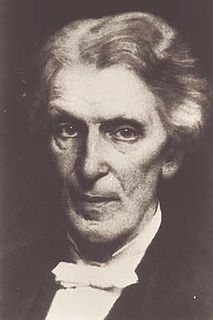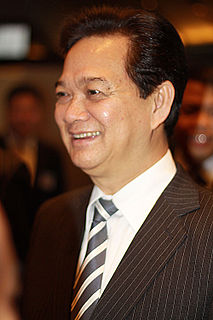A Quote by Brian Aldiss
I have had wealth, rank and power, but, if these were all I had, how wretched I should be.
Related Quotes
It is a most just punishment, that man should lose that freedom, which man could not use, yet had power to keep, if he would; and that he who had knowledge to do what was right, and did not should be deprived of the knowledge of what was right; and that he who would not do righteously, when he had the power, should lose the power to do it, when he had the will.
If we listen to our self-love, we shall estimate our lot less by what it is than by what it is not; shall dwell upon its hindrances and be blind to its possibilities; and, comparing it only with imaginary lives, shall indulge in flattering dreams of what we should do if we had but power, and give if we had but wealth, and be if we had no temptations.
Of all the recruits in his cohort, he had learned the quickest. How to hold the spear, how to stand to spar. He’d done it almost without instruction. That had shocked Tukks. But why should it have? You were not shocked when a child knew how to breathe. You were not shocked when a skyeel took flight for the first time. You should not be shocked when you hand Kaladin Stormblessed a spear and he knows how to use it.
I had prepared myself for prison and torture as a soldier in peacetime prepares for the hardships of war. I had studied the lives of Christians who had faced similar pains and temptations to surrender and thought how I might adapt their experiences. Many who had not so prepared themselves were crushed by suffering, or deluded into saying what they should not.
Power from any source tends to create an appetite for additional power. It was almost inevitable that the super-rich would one day aspire to control not only their own wealth, but the wealth of the whole world. To achieve this, they were perfectly willing to feed the ambitions of the power-hungry political conspirators who were committed to the overthrow of all existing governments and the establishment of a central worldwide dictatorship.
Now he began to see for the first time the unbelievable magnitude of what man, when he gained power to understand and rule the world in terms of dialectic truths, had lost. He had built empires of scientific capability to manipulate the phenomena of nature into enormous manifestations of his own dreams of power and wealth...but for this he had exchanged an empire of understanding of equal magnitude: an understanding of what it is to be a part of the world, and not an enemy of it.
Old Testament Israel had some foundational pillars of faith. They were true and robust and God given. The trouble was that people had come to trust in them merely by repeating them, without paying any attention to the ethical implications of what their faith should mean in how they lived. They believed God had given them their land. He had. But they had not lived in it in either gratitude or obedience. They had not fulfilled any of the conditions that Deuteronomy had made so clear.






































